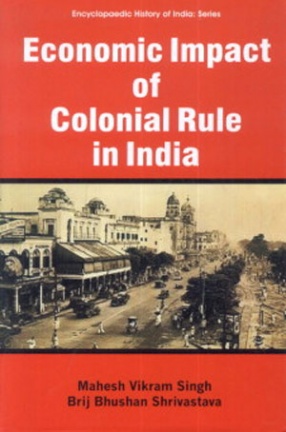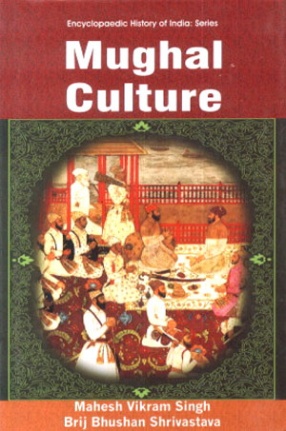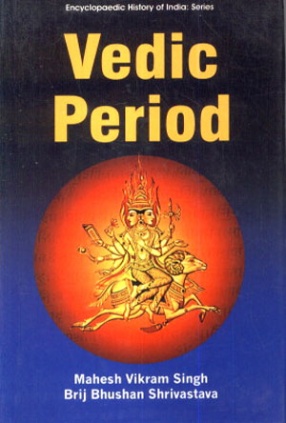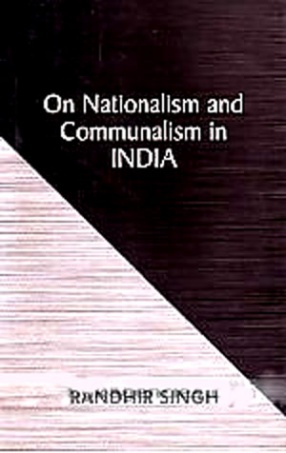Debate continues about the economic impact of British imperialism on India. The issue was actually raised by conservative British politician Edmund Burke who in the 1780s vehemently attacked the East India Company, claiming that Warren Hastings and other top officials had ruined the Indian economy and society. Indian historian Rajat Kanta Ray (1998) continues this line of attack, saying the new economy brought by the British in the 18th century was a form of plunder and a catastrophe for the traditional economy of Mughal India. Ray accuses the British of depleting the food and money stocks and imposing high taxes that helped cause the terrible famine of 1770, which killed a third of the people of Bengal. P.J. Marshall shows that recent scholarship has reinterpreted the view that the prosperity of the formerly being Mughal rule gave way to poverty and anarchy. Marshall argues the British takeover did not make any sharp break with the past. British control was delegated largely through regional Mughal rulers and was sustained by a generally prosperous economy for the rest of the 18th century. Marshall notes the British went into partnership with Indian bankers and raised revenue through local tax administrators and kept the old Mughal rates of taxation. The book is an attempt by authors to understand the factors and forces that proved catalyst in the march of history in the subcontinent.
Economic Impact of Colonial Rule in India
Encyclopaedic History of India Series
Book:In stock
Free & Quick Delivery Worldwide
reviews
Bibliographic information
Title
Economic Impact of Colonial Rule in India
Encyclopaedic History of India Series
Encyclopaedic History of India Series
Author
Edition
1st ed.
Publisher
Centrum Press, 2011
ISBN
9789380836898
Length
vi+296p., Bibliography; Index; 23cm.
Subjects








There are no reviews yet.